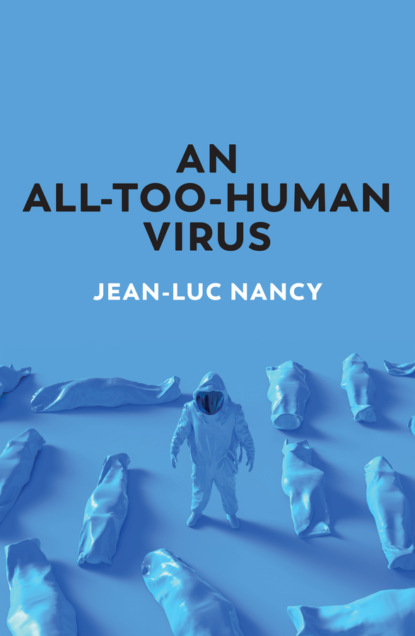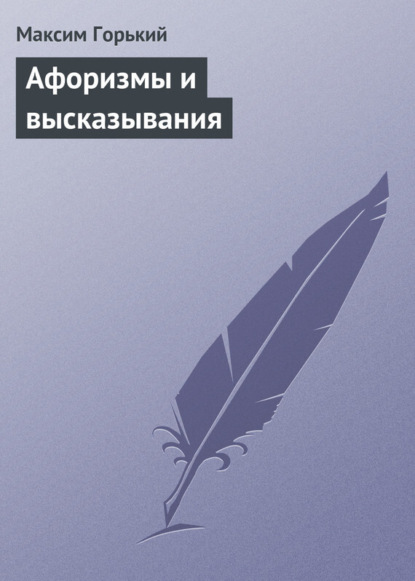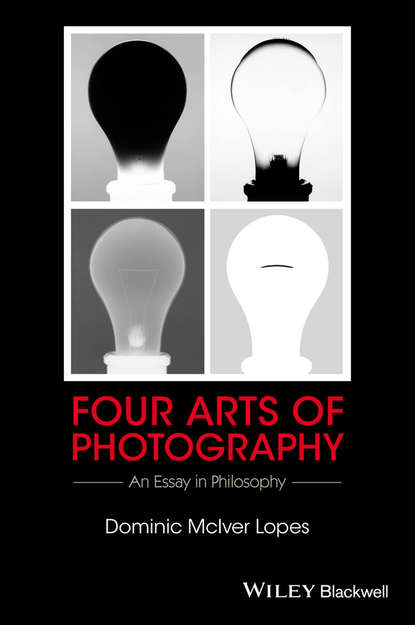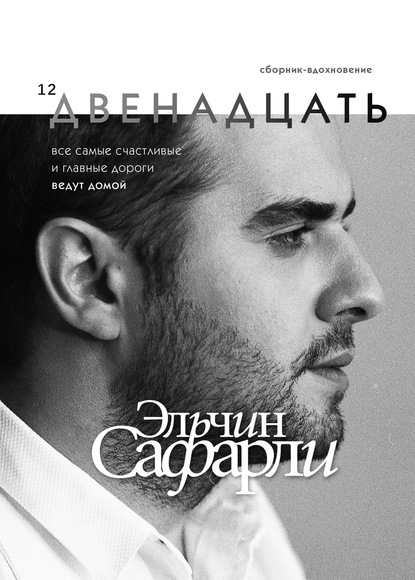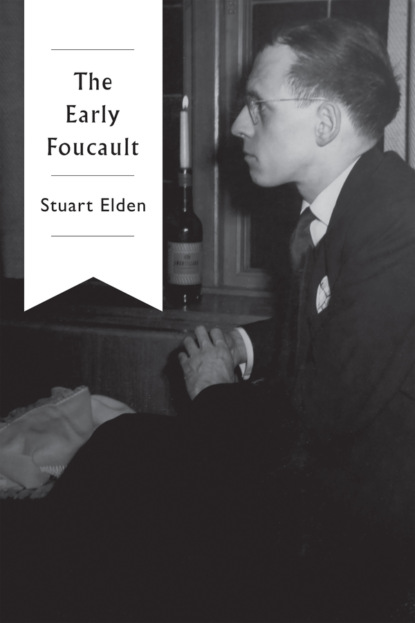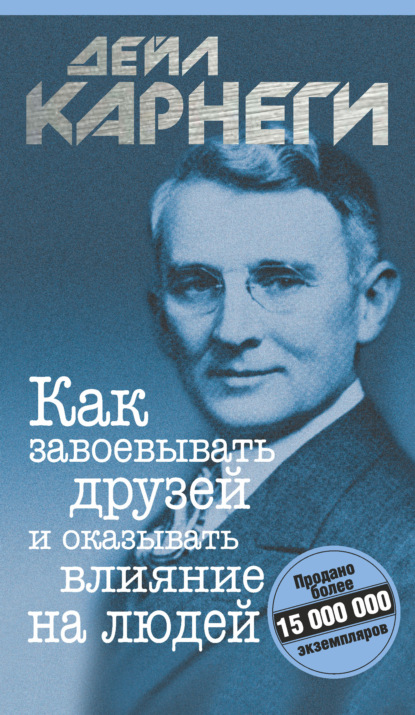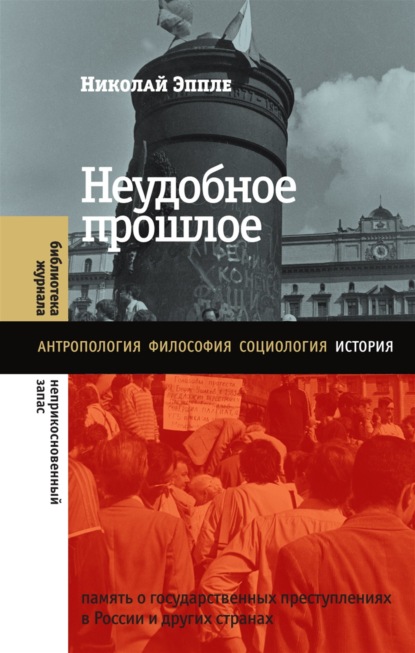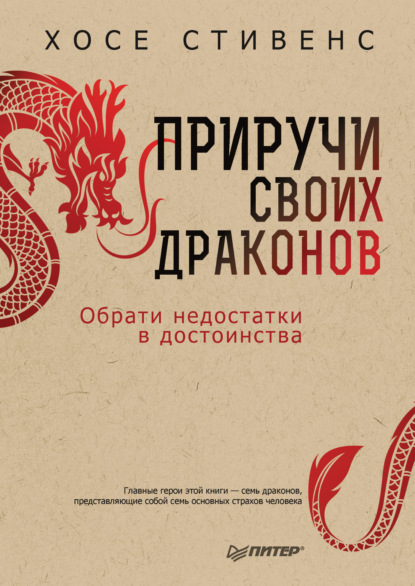The book **«An All-Too Human Virus»** written by **Jean-Luc Nancy** represents research on the consequences of various natural and social transformations that have been occurring during the two centuries.
From the past to the present, humanity goes through many significant turns in its history with pandemics being a sad consequence of all previous processes. But so far, the human race perceives them as a divine sentence with no reason to reconsider. In fact, these diseases not only spread due to social contacts but also showcase new qualities of viruses. As such humanity sees it, viruses as well as mankind, are becoming more and more human.
Yet at the same time, under the influence of the pandemic period, the author describes the complexity of living organisms and looks at political struggles in a new light.
Электронная Книга «An All-Too-Human Virus» написана автором Jean-Luc Nancy в году.
Минимальный возраст читателя: 0
Язык: Английский
ISBN: 9781509550234
Описание книги от Jean-Luc Nancy
In the past, pandemics were considered divine punishment, but we now understand the biological characteristics of viruses and we know they are spread through social interaction. What used to be divine has become human – all too human, as Nietzsche would say. But while the virus dispels the divine, we are discovering that living beings are more complex and harder to define than we had previously imagined, and also that political power is more complex than we may have thought. And this, argues Nancy, helps us to see why the term ‘biopolitics’ fails to grasp the conditions in which we now find ourselves. Life and politics challenge us together. Our scientific knowledge tells us that we are dependent only on our own technical power, but can we rely on technologies when knowledge itself includes uncertainties? If this is the case for technical power, it is much more so for political power, even when it presents itself as guided by objective data. The virus is a magnifying glass that reveals the contradictions, limitations and frailties of the human condition, calling into question as never before our stubborn belief in progress and our hubristic sense of our own indestructibility as a species.
